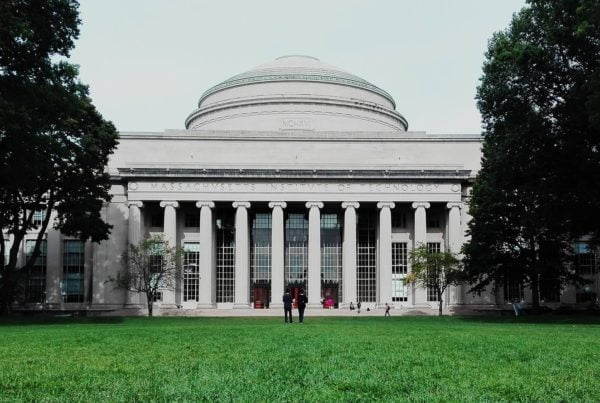A UK based company has launched a space based factory to fabricate alloys that they claim are impossible to make on earth. (“Impossible” is obviously a marketing term, not an engineering one).
Josh Western and Andrew Bacon have set up the company Space Forge. The two Cardiff-based entrepreneurs secured £7.6m of international seed-funding. The aim of the company is to deploy satellites in which new alloys, medicines and semiconductors can be manufactured in outer space and then brought back to Earth.
Two things in the Guardian newspaper article here that catch my attention are the simple explanation of why this is important (micro gravity, cold temperature, vacuum), and the off hand report of a UK university hitching a ride with two cubesats.
“Earth is a wonderful place to live on but terrible for manufacturing so many things,” said Western.
“You have to fight gravity and the dense atmosphere while trying not to cause pollution. But in space you have no gravity to interfere with the mixing of materials, while you have a pure vacuum and no atmospheric pollution. And you also turn your instruments towards or away from the Sun to heat or cool them rapidly.”
Getting into space is the issue. Space Forge, which has already received backing from the UK Space Agency and the European Space Agency, believes its reusable factories will provide the answer. These oven-sized craft, called ForgeStar orbital vehicles, will be launched into orbit more than 300 miles above Earth.They will exploit the simple launch systems that aerospace companies such as Virgin Orbit are developing. Small rockets are carried into the upper atmosphere on jumbo jets and then fired into space. Once in orbit, ForgeStar vehicles will circle Earth for one to six months. Inside the little craft, automated robotic systems will direct the manufacturing and testing of alloys, pharmaceuticals and electronic components that cannot be made on Earth.
It should transform the way materials are manufactured in microgravity. “Experiments on the International Space Station have shown the value of space manufacture,” said Western. “Fluoride glass fibres used in communication systems provide an example. Made on Earth, they tend to be a bit cloudy. Those made on the space station are crystal clear and 10 to 100 times better at transmitting signals.
“Our ForgeStar vehicles are designed to make materials like that.”
Seeing US companies giving press releases about space launches feels nice but unreal and somewhere “out there”, however seeing UK companies doing what I’ve read in sci-fi novels for years, feels like we are living in those novels – it’s more real.



